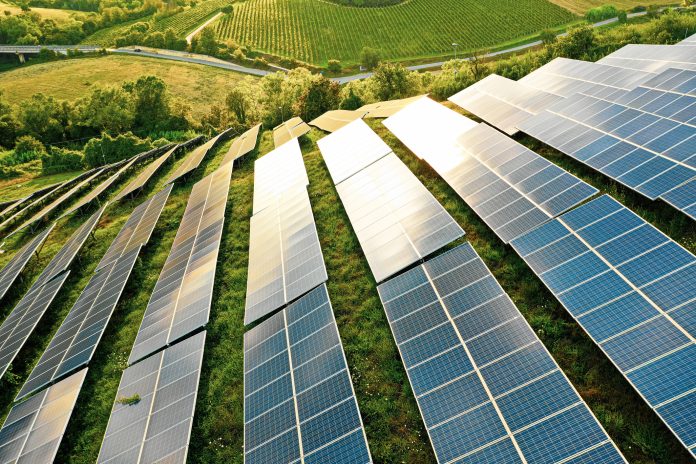An application to develop a solar farm covering nearly 14 football pitches within the New Forest National Park has been turned down. But why? And why is solar power not a priority?
Environment Project Management UK Ltd aimed to install over 12,000 solar panels and two substations on a 9.85-hectare site at Thornlands Farm, Netley Marsh. The project aimed to generate approximately 6MW of renewable energy, sufficient to power 2,450 homes annually.
Despite the proposed benefits, the New Forest National Park Authority (NPA) planning committee refused the application. The decision was based on the proposal conflicting with national policies governing development within national parks. The committee determined that the scale of the solar farm constituted “major development,” which is typically not permitted within protected areas like the New Forest.
Solar farm plans rejected
The NPA raised concerns that the application did not sufficiently demonstrate that the project would not negatively impact local wildlife and habitats. Additionally, the potential effects on the grazing needs of commoners’ livestock were not adequately addressed. The committee’s decision reflects a commitment to preserving the natural integrity and biodiversity of the New Forest, an area renowned for its ecological significance and tranquil landscape.
Environmentalists suggested that the socio-economic and environmental benefits of the project, including the provision of renewable energy, would outweigh any adverse effects. However, these arguments did not persuade the planning committee.
Solar communities
As an alternative to large-scale solar farms, the concept of Solar Communities has been gaining attraction. This approach involves installing solar panels on residential roofs within urban environments, generating local and sustainable electricity.
Homes within a 2,000-meter radius can connect to this network, enjoying 100% renewable electricity without the need for individual installations or additional investments.
The benefits of solar energy technology
Solar energy technology has advanced significantly, becoming both environmentally friendly and cost-efficient. Solar farms offer several benefits, including a reliable and clean energy source. Unlike fossil fuels and coal, the sun provides a sustainable and inexhaustible energy supply. Solar farms also produce minimal pollution compared to conventional energy sources.
Solar farms can be established globally, with countries like Germany leading in solar energy production despite not being along the equator.
Solar farms can coexist with agricultural activities through practices like agrovoltaics, where croplands and solar panels share the same space. This method maintains soil quality and contributes to biodiversity, offering flexibility for landowners to revert to solely agricultural use if desired.
The rejection of the New Forest solar farm application shows the challenges and considerations in balancing renewable energy development with environmental conservation. As solar technology continues to evolve, innovative solutions like Solar Communities may offer a more harmonious integration of green energy within protected landscapes.











